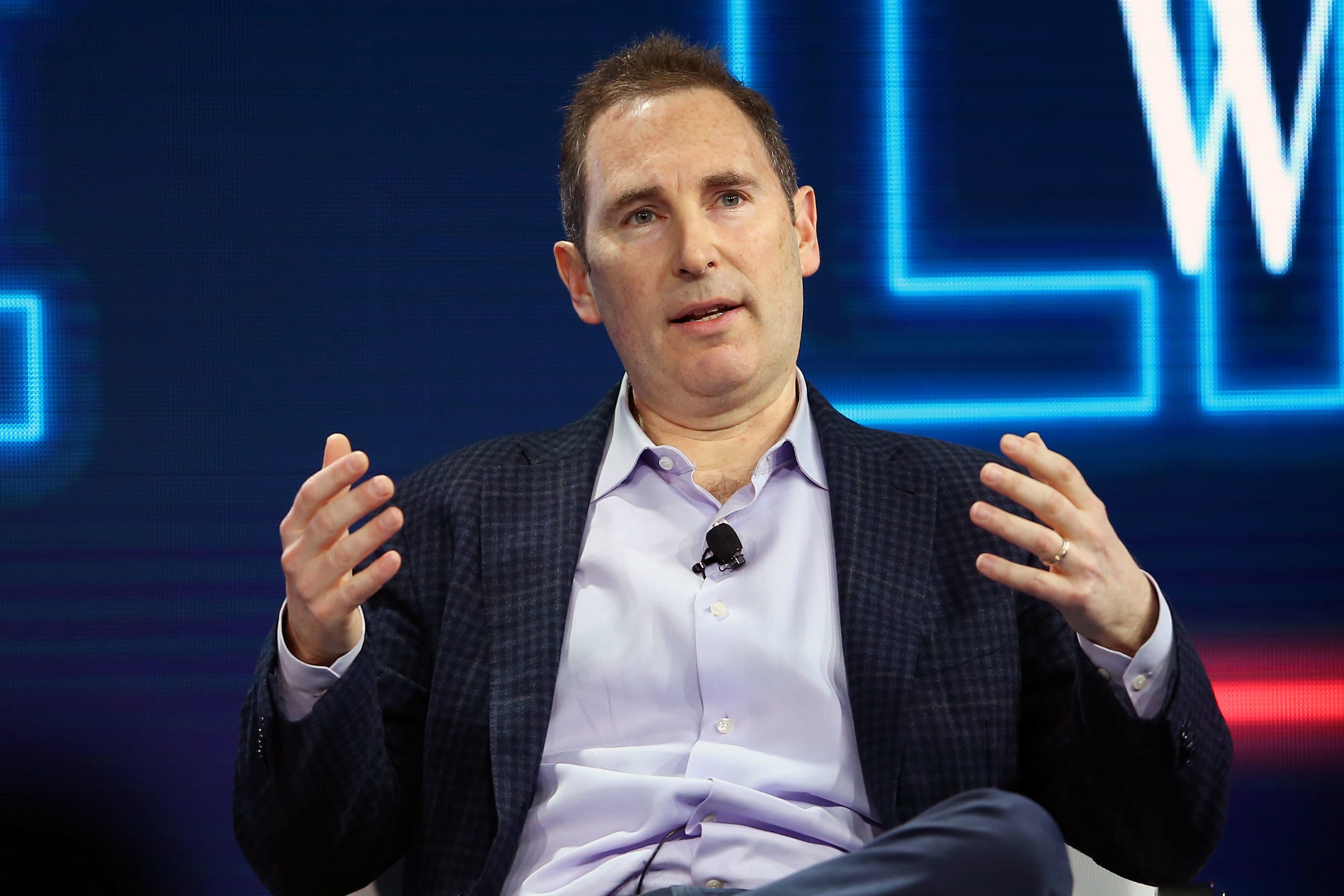Sen. Elizabeth Warren asks Amazon CEO Andy Jassy to explain why the company’s algorithms recommend Covid misinformation

Andy Jassy, CEO of Amazon and then CEO of Amazon Web Services, speaks at the WSJD Live conference in Laguna Beach, California, October 25, 2016.
Mike Blake | Reuters
Sen. Elizabeth Warren, D-Mass., sent a letter to Amazon on Wednesday demanding it do more to stop the spread of Covid misinformation through dubious products on the marketplace.
In a letter addressed to CEO Andy Jassy, Warren asked for more clarity on how Amazon’s search algorithms and “Best Seller” badge work, saying the company’s recommendation engines are potentially driving consumers to books and other products that contain falsehoods about Covid-19.
Warren says searches for “Covid-19,” “Covid,” “vaccine,” “Covid-19 vaccine” and “pandemic” turned up products that promote false information about coronavirus vaccines and cures, many of which appeared at the top of search results.
For example, a book by Ronnie Cummins and Dr. Joseph Mercola, the latter of whom is considered an influential spreader of vaccine and coronavirus misinformation online, called “The Truth About Covid-19” was the top search result for “Covid-19” and “vaccine,” according to the letter. It was also labeled a bestseller in Amazon’s “Political Freedom” books category.
Searches for “COVID 19 vaccine” produced other literature promoting discredited Covid cures or vaccine misinformation, including that Covid-19 vaccines are “making people sick and killing them,” the letter states. CNBC was able to replicate several examples mentioned in Warren’s letter.
Representatives from Amazon didn’t immediately respond to a request for comment.
Warren acknowledged Amazon has taken steps to direct users to accurate information about Covid-19, such as prominently displaying a banner at the top of search results with links to the Food and Drug Administration’s website.
“But the results of my staff’s review are nevertheless deeply troubling,” the letter states. “As cases of COVID-19 continue to rise, Amazon is feeding misinformation loops through its search and ‘Best Seller’ algorithms, potentially leading countless Americans to risk their health and the health of their neighbors based on misleading and inaccurate information that they discover on Amazon’s website.”
Warren included a number of questions for Jassy seeking more information about Amazon’s policies, with a Sept. 22 deadline for Jassy to respond.
The letter is the latest example of lawmakers’ growing calls for Big Tech to rid their services of coronavirus misinformation. Facebook, Alphabet‘s YouTube and Twitter have all faced pressure to better detect and remove misinformation about Covid-19 and vaccines.
Last week, Amazon took steps to limit the spread of anti-parasitic drug ivermectin as a false Covid cure. Amazon said it would block some search autocomplete suggestions directing shoppers to ivermectin. The company also removed some reviews of ivermectin that falsely touted it as a treatment for Covid-19, The Washington Post reported.
Amazon has previously removed products that claimed to be a treatment, cure or remedy for the coronavirus. Making the call to limit ivermectin products presents a thornier challenge for Amazon because the drug can be consumed in small doses by humans to treat parasites and it’s commonly given to large animals. None of the third-party sellers offering forms of the drug intended for horses claim it’s meant for use in humans, according to the Post.
Researchers and advocacy groups have called on Amazon to do more to curb books promoting misinformation and conspiracy theories.
Amazon’s content guidelines for books say it reserves the right not to sell “material we deem inappropriate or offensive.” The guidelines don’t mention medical misinformation, but Amazon has removed books promoting autism cures and vaccine misinformation, along with literature that frames LGBTQ identities as mental illnesses.


